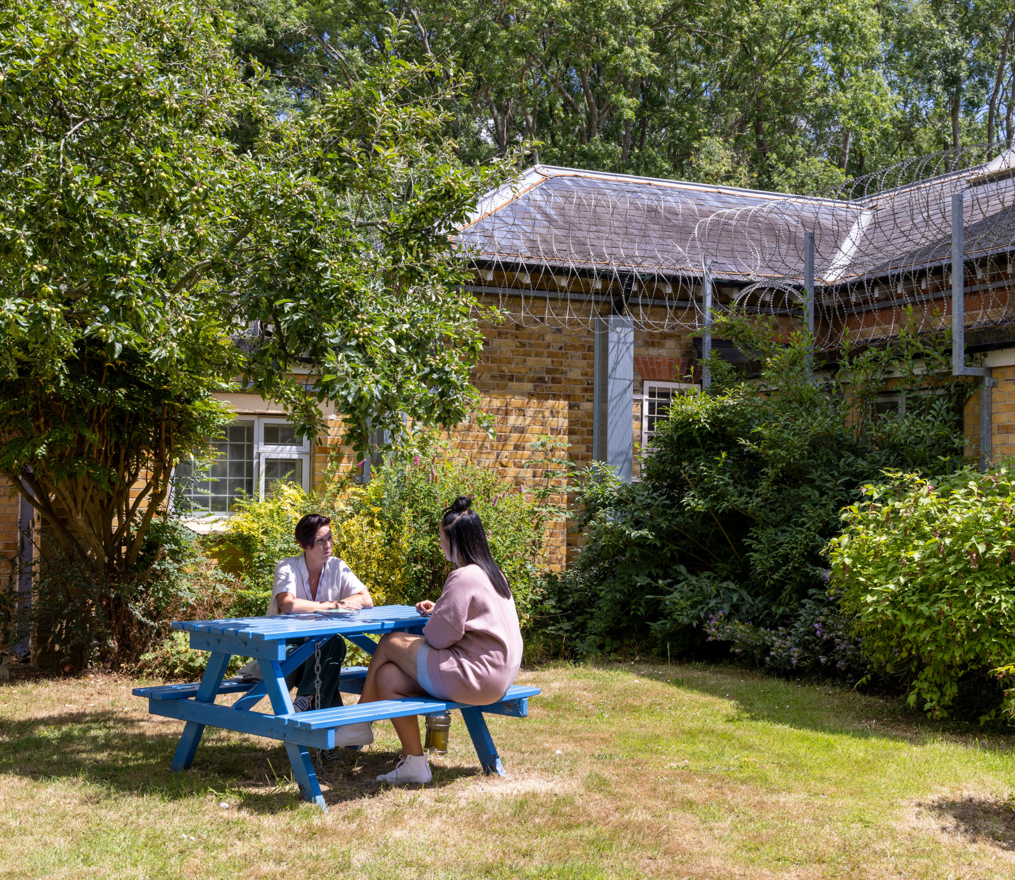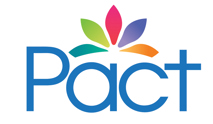There is currently no structure in place for children whose mothers are in custody, and no official records are kept about how many children are affected by the imprisonment of a parent. Women are far more likely than men to be primary carers for children prior to imprisonment, and the effect of maternal separation on children is often more devastating, with far-reaching implications for their growth and development.
Christy is just one of the women supported by Pact’s pilot project, Together a Chance, which supports mothers in custody to maintain links with their children. Launched in response to Lord Farmer’s recommendation that all women’s prisons should have an on-site social worker as part of a multidisciplinary custodial team, the scheme has placed social workers in two women’s prisons – HMPs Send and Eastwood Park. It aims to empower women to play a positive role in their children’s lives, and be involved in decisions relating to their welfare, while protecting the best interests of their children.
We shared Christy’s words alongside key findings from the project’s interim evaluation at an event earlier in the House of Lords. Her story shows how Pact’s social workers have become invaluable to both mothers and community practitioners, and that the project can create systemic change in the way imprisoned mothers and their children are dealt with, responded to, and cared for.

Christy’s social worker, Becky, has supported her to connect with Local Authority social workers in matters involving her children and to speak for herself at court. She has also been able to build positive relationships with professionals working with Christy’s children to encourage familial visits and establish more regular contact through phone calls and letters. Christy said:
“I have always felt so alone in my fight to secure contact with my children. It’s even more of a strain being a parent in prison because of the stigma attached to it. It’s like you’re losing before you begin.
“You’re unable to use the internet for advice or support, you’re unable to use a phone to chase courts or professionals who may be involved. You’re stuck with just pen and paper, and let’s face it, in this day and age it’s just prehistoric and doesn’t give us a good start. You’re effectively isolated and alone.
“Maintaining family ties is crucial in the progress of rehabilitation. It can provide a stable foundation to build upon. Being part of the project has made me see how much help and support is needed in this area.
“My case was never going to be straightforward and at times it was extremely challenging for Pact. The main obstacle they faced was communication from Local Authority social services and since the pilot project has been involved, this issue has been resolved. I believe it is because the Together a Chance team are social workers and know the protocols.
“Since my social worker, Becky, started supporting me, my life has been so much easier. She has taken away so much stress and I am in a much better position in respect of child contact. Becky has been consistent, friendly, non-judgmental, approachable, but most importantly reliable and professional. She has listened to me and for the first time in years, I feel “heard”. I feel like my relationship with my children matters and my rights are being upheld.”
“It is the little things that enable the big things to happen, such as printing forms, posting, phoning/emailing, minute-taking, liaising with professionals and the option of a McKenzie friend*. She has done - and continues to do - all of this for me, and more. She has been my rock. I know it is still not over, but she has enabled me to trust and hope again.”
Your support could help to ensure more women like Christy are able to continue being mothers during their time in prison, minimising the harm on them, their children, and society as a whole. We believe that mothers should only be sent to prison as a last resort and that custodial sentences for non-violent crimes are damaging for both families and communities. With your help, we can ensure that more mothers’ stories are heard by those in power to change the system.
* A McKenzie friend is someone who supports or encourages an individual representing themselves - in court proceedings.

